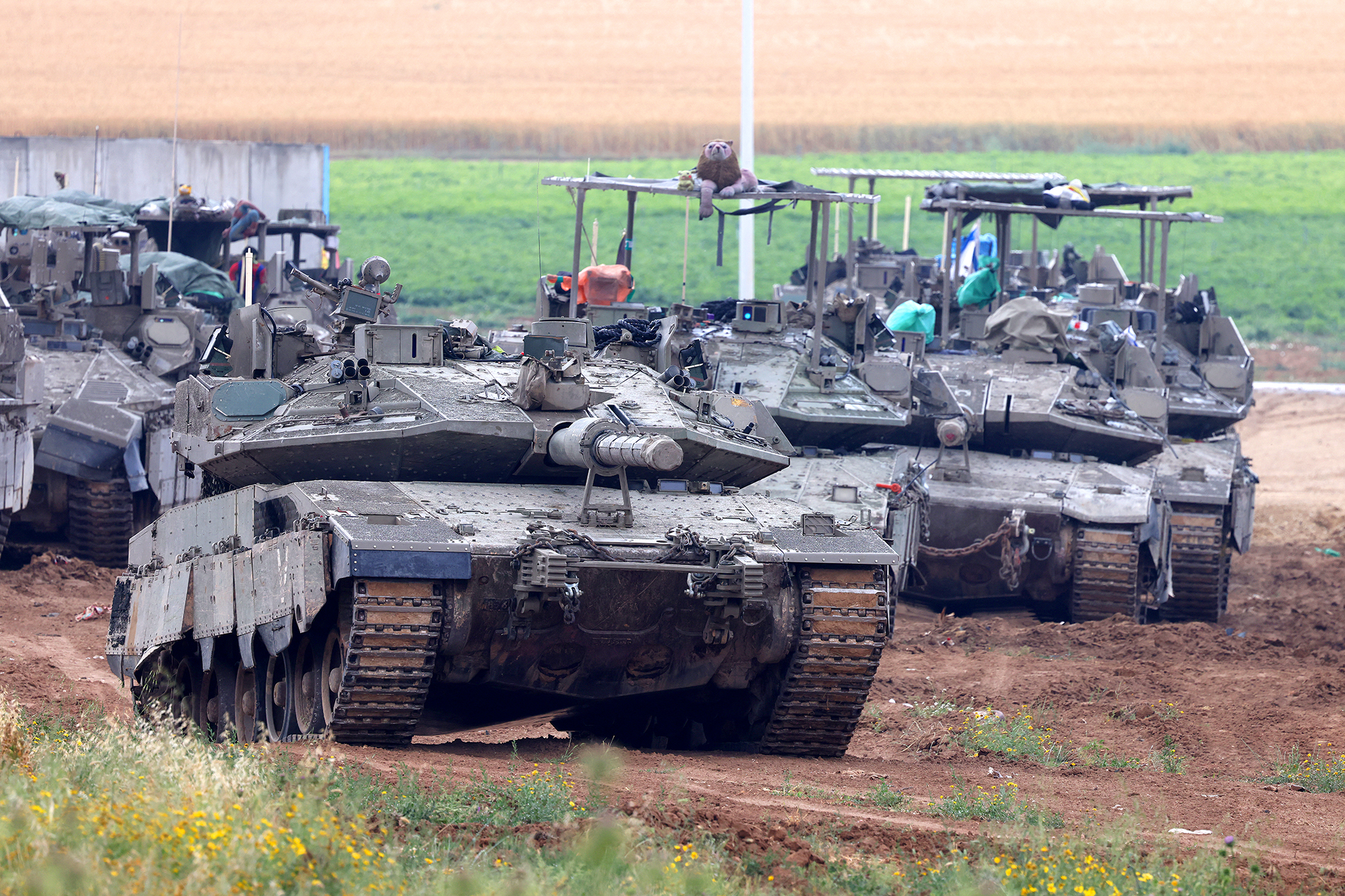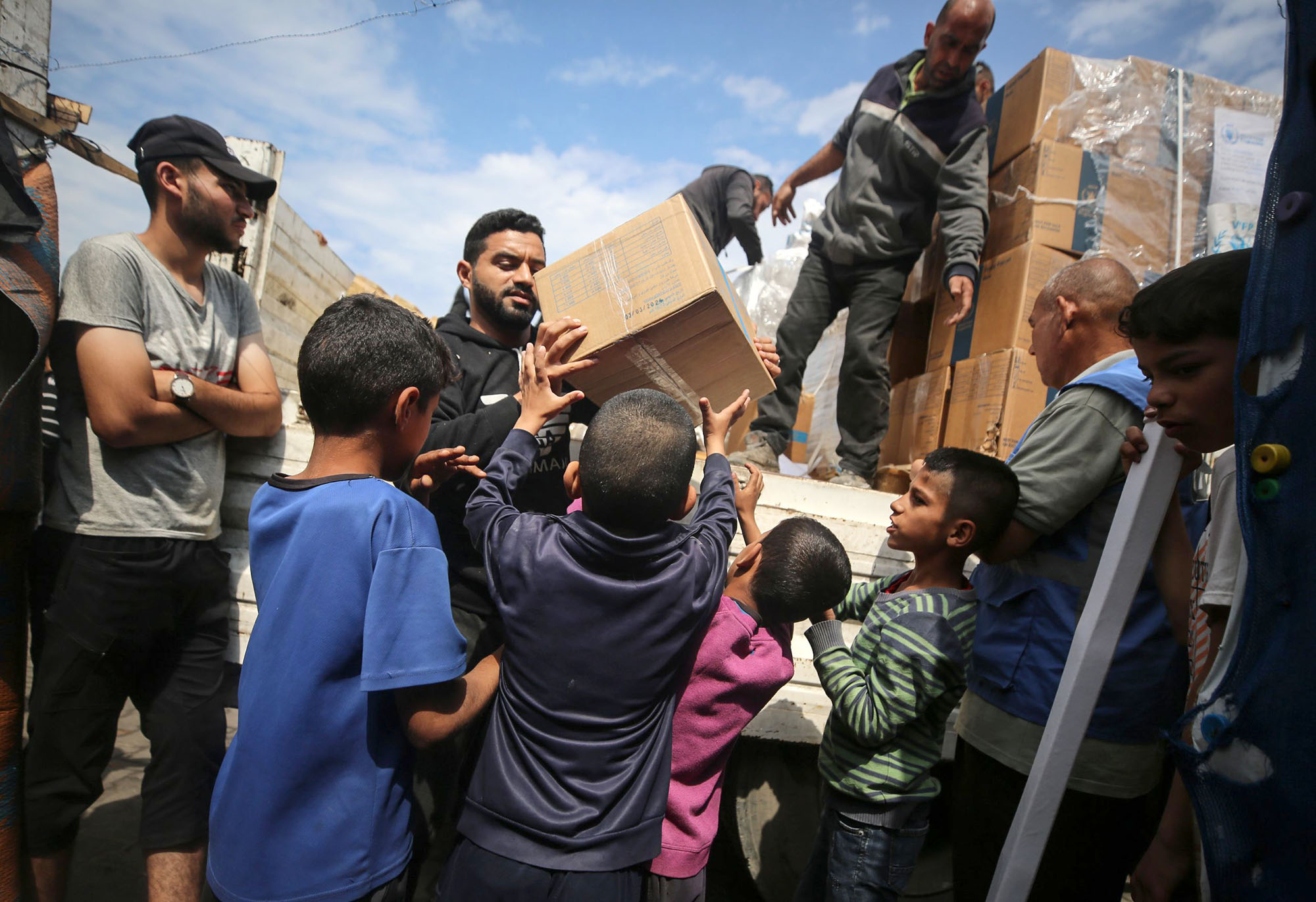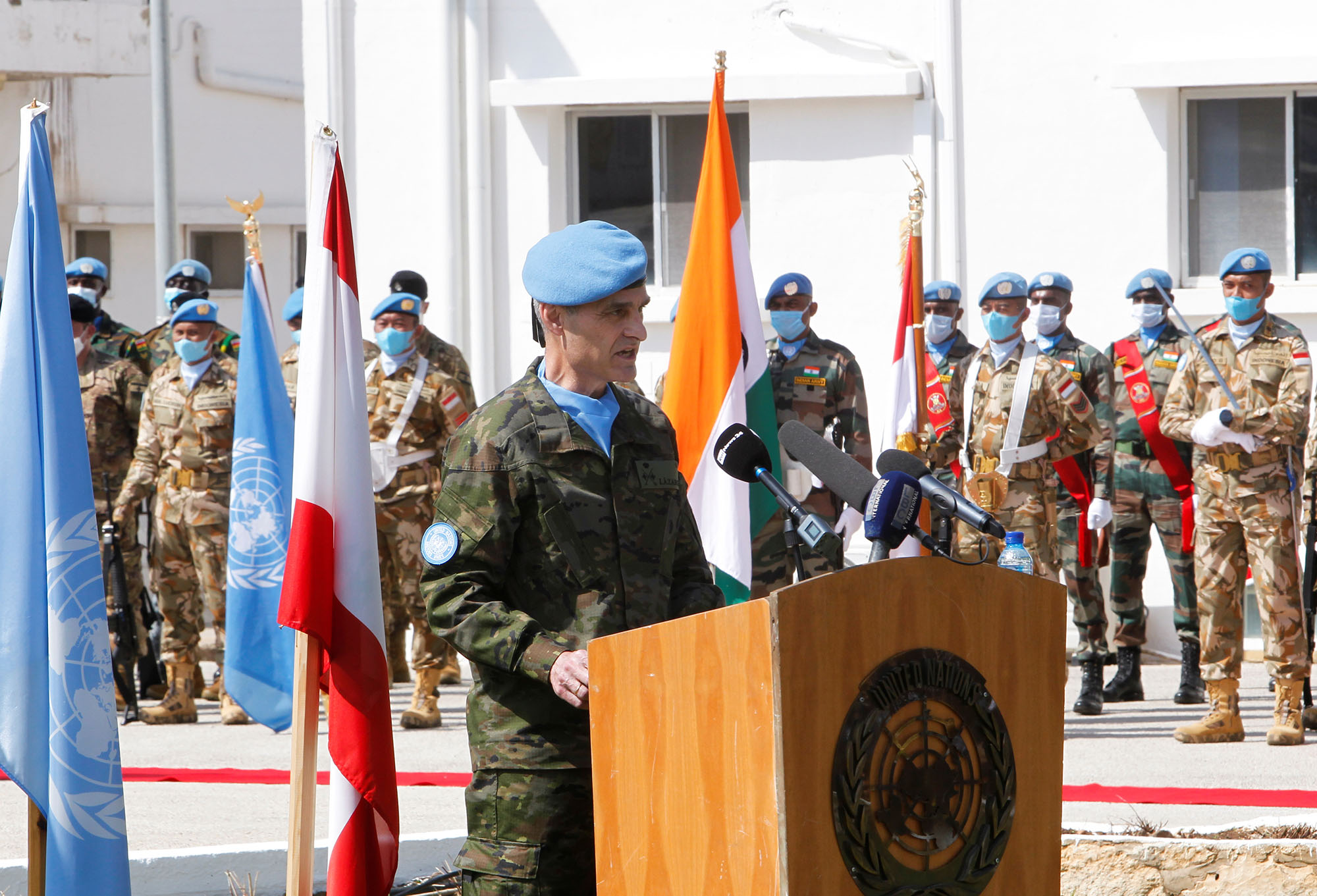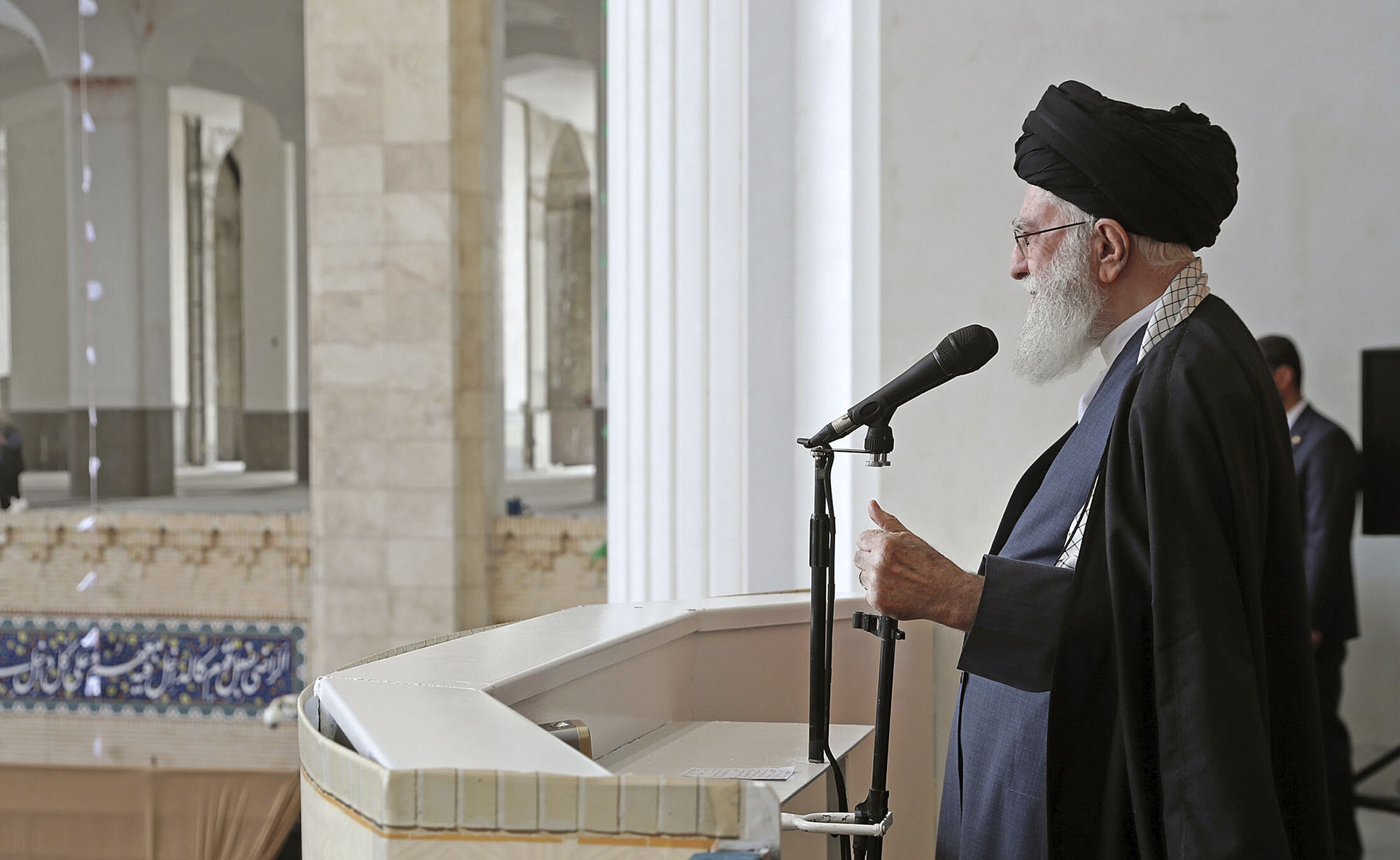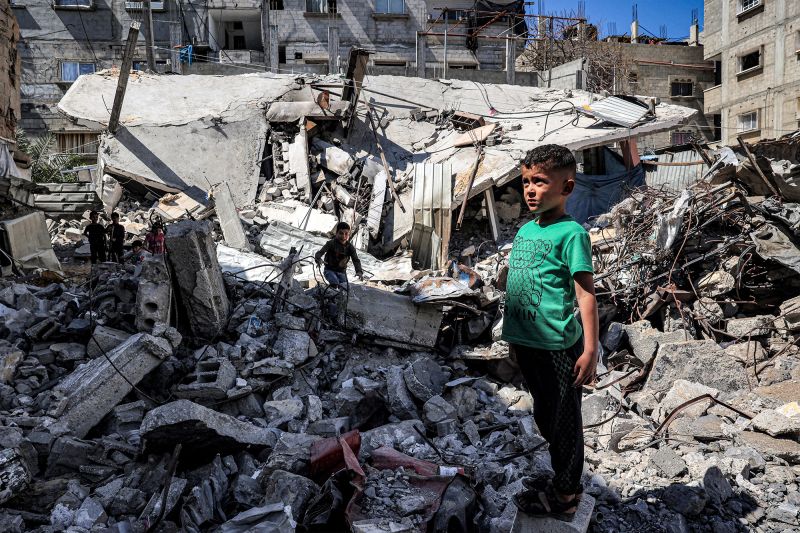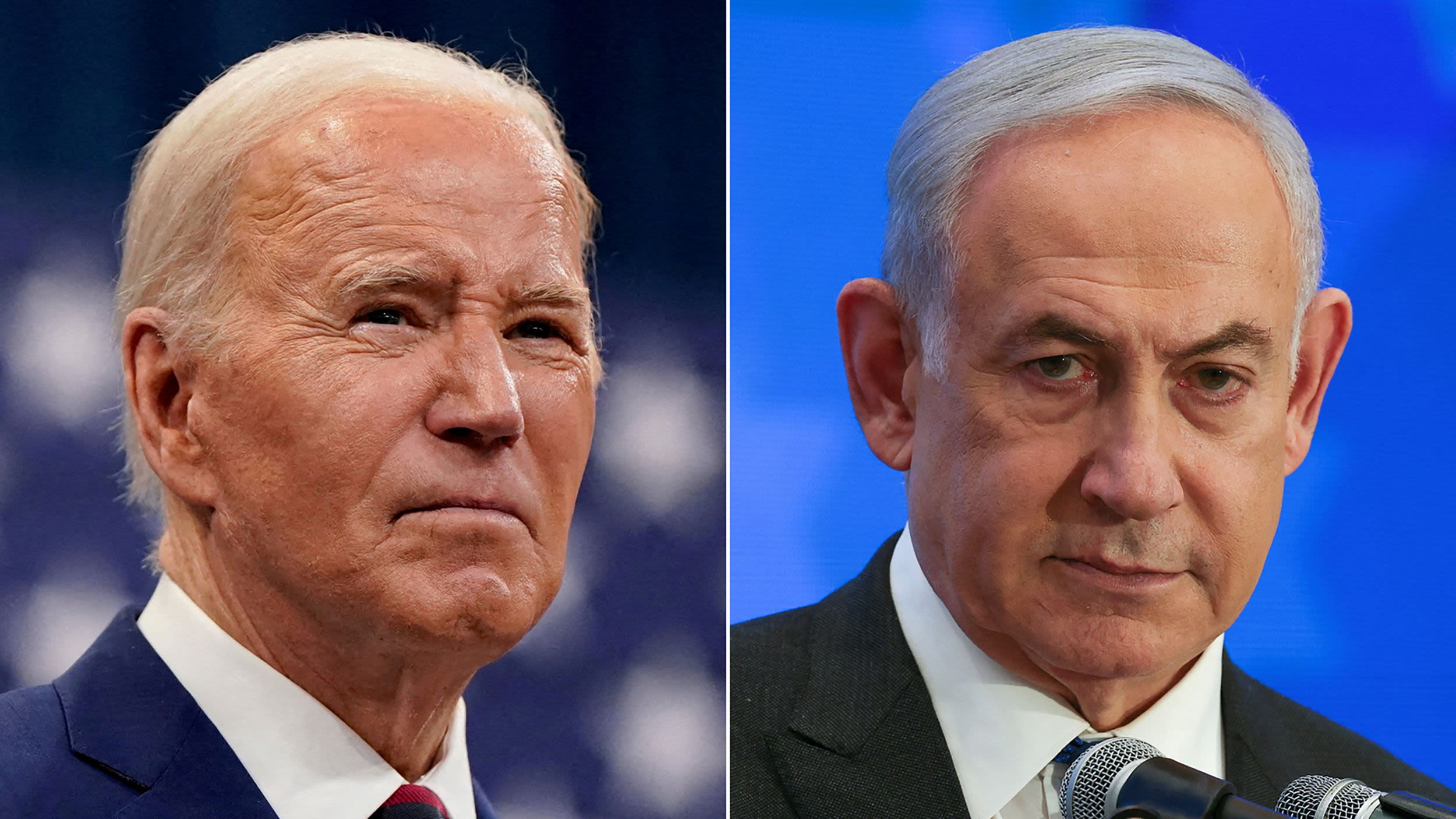The Israeli army has in recent days disrupted GPS signals over a number of cities, including the Tel Aviv metropolitan area and Jerusalem, with the aim of thwarting missile or drone attacks potentially fired by Iran or Iran-backed groups in the region.
The jamming caused major disruptions to daily life, sparking frustration across Israel. Residents using mapping applications such as Google Maps or Waze to commute in Tel Aviv said their apps showed they were in the Lebanese capital Beirut or Cairo in Egypt.
Many people took to social media to post screenshots of the jamming, which disrupted online payments, deliveries and car-hailing services.
Israel Defense Forces spokesperson Daniel Hagari last week said that Israel initiated GPS interference “in order to neutralize threats,” adding that “we are aware that these disruptions cause inconveniences, but it is a vital and necessary tool in our defensive capabilities.”
The jamming was at its peak last week, but sporadically persists this week. Israel has been on high alert since its strike in Damascus last week that killed top Iranian commanders, prompting a promise of retaliation from Iran.
Sina Toossi, an Iran expert and senior fellow at the Center for International Policy in Washington, DC, warned that some Iranian drones are not easily susceptible to jamming. “Such extensive GPS jamming in Israel seems to reflect a lack of confidence in the effectiveness of their anti-missile & drone defense systems,” he wrote on X.
